Michigan communities adapt to Pandemic Jummah
by M. Muhammad Ahmed
Mosques throughout metro Detroit are finding creative ways to adapt to performing the Friday prayers in a way that is safe and responsible. Michigan was hard hit with the first wave of the virus in the spring of 2020, and is currently getting over the second wave. The second wave of the pandemic has created a strain on local hospitals and resources. Michigan’s Governor Gretchen Whitmer imposed strict guidelines on schools and businesses to help slow down the pandemic spread.
Although houses of worship are technically exempt from this ruling, the Imams Council of Michigan issued recommendations to cancel indoor prayer services and maintain social distancing and mask requirements for 2 weeks at the end of November during the height of the epidemic. “One of the objectives of sharia is the preservation of human life,” stated the Council in justifying their decision. A similar recommendation was made in April during the first wave of the Covid-19 pandemic. The Imam’s Council is composed of numerous Imam’s from both Sunni and Shia communities.
Now that the surge of virus infections has reduced, most Islamic centers are currently offering limited services. In the Detroit suburb of Canton, for example, the large mosque of MCWS has held outdoor Friday prayers for most of the year on its soccer field. They had spaced all congregants 6 ft apart and asked people to bring their own prayer rugs and wear masks at all times.
Once the outdoor weather became too cold, the Jummah (Friday) prayers have moved indoors but the restrictions are the same. The Jummah services are broadcast live on Youtube for the elderly and those who are at high risk for the infection so they can worship from home. The prayer services are shorter and they are offered at frequent intervals to accommodate more people. Canton is performing 4 different services for the Friday prayers. The daily prayer services are occurring but with a limited number of congregants who are spaced apart.
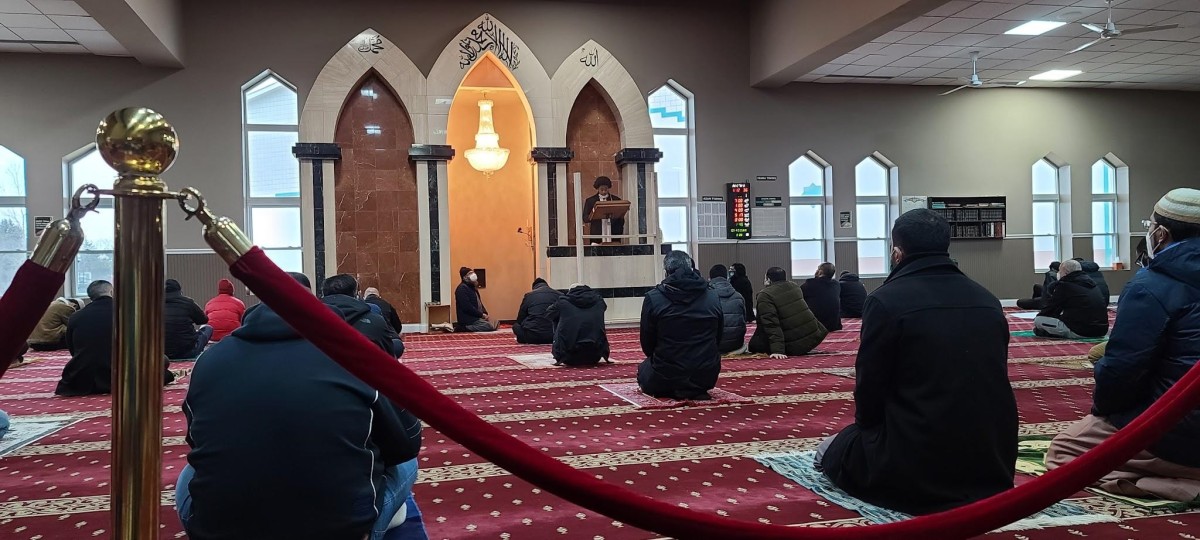
Winter prayers
At the Muslim Unity Center in Bloomfield Hills, Michigan, the mosque has been open to a limited number of worshippers. As with other mosques, the bathrooms remain closed and everyone must bring their own prayer rug and should have performed wudu (ablutions) at home. An online option also exists for high-risk individuals. However, Imam Mohammed Almasmari, who is the resident Imam and also the chairperson of the Imam’s Council of Michigan, said that “Jummah is essential, and it is an obligation. The virus does not meet the criteria of letting individuals neglect Jummah prayers.” He stated that many people are still going to stores, work and traveling, so they should attend the Friday prayer also, but cautioned that everyone including the masjid must take the recommended safety measures.
The Islamic House of Wisdom (IHW) in Dearborn represents a large Shia congregation and has adapted similar precautions. They have created public service announcements in Arabic to advise people for the reasons behind the restrictions. Imam Mohammed Elahi took a proactive approach to the crisis. Most of his Jummah attendees participate online to watch the sermon. His mosque organized Covid testing for the community, and arranged for food distribution every Friday for its neighbors, regardless of their faith. They have provided food boxes to thousands of local families.
“We used the available tools and technology to make our job effective. We have now greater audiences following our online programs. A few days ago, even the governor joined one of our programs,” Imam Elahi said,
Imam Mikhail Sadiq at the Muslim Center in Detroit started community check-ins to keep the mosque community connected. These were large zoom calls with break out rooms. Metro-Detroit had one of the highest infection rates in the state, and his community in the heart of Detroit was particularly cautious. During the Eid celebration, the community organized an Eid Car Cruise down the major Detroit thoroughfare, Woodward Avenue.
This allowed people to celebrate Eid and still stay socially distant. People wore their fancy clothes and decorated their cars, and generally had a fun time. He reports Instagram and Facebook are easier tools to use than Zoom to reach out to a wider audience. He is worried about seniors who do not have access to this technology and reports attendance at prayers is diminished.
The number of people attending in-person events at the mosque is lower, and not just for the prayers. Imam Elahi estimated a one-third drop in regular attendance at the various program. However, the increased online participation makes up for this drop. All the mosques have a variety of online offerings, including classes on mental well being, weekly discussions, lectures and counseling. The long term impact of the pandemic and the level of connectedness to the mosque that will exist still needs to be seen.






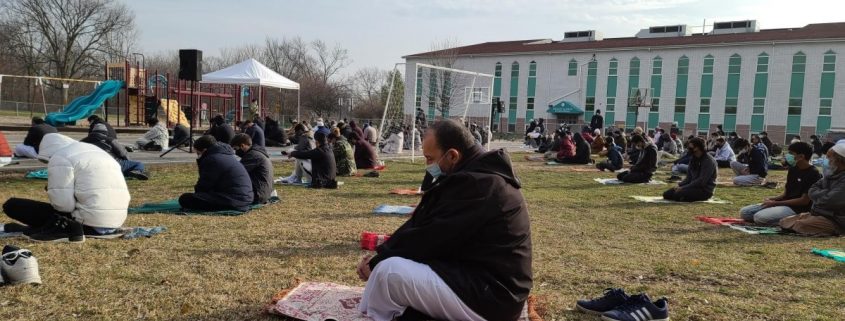
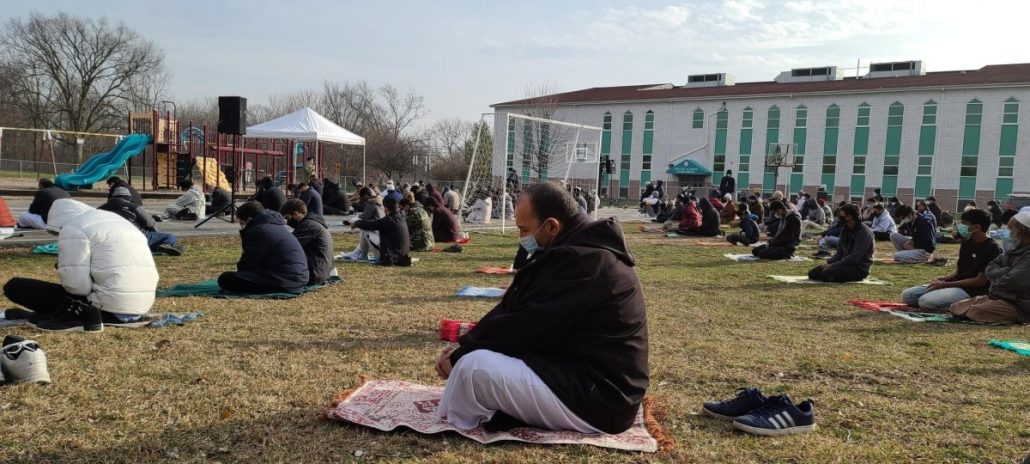

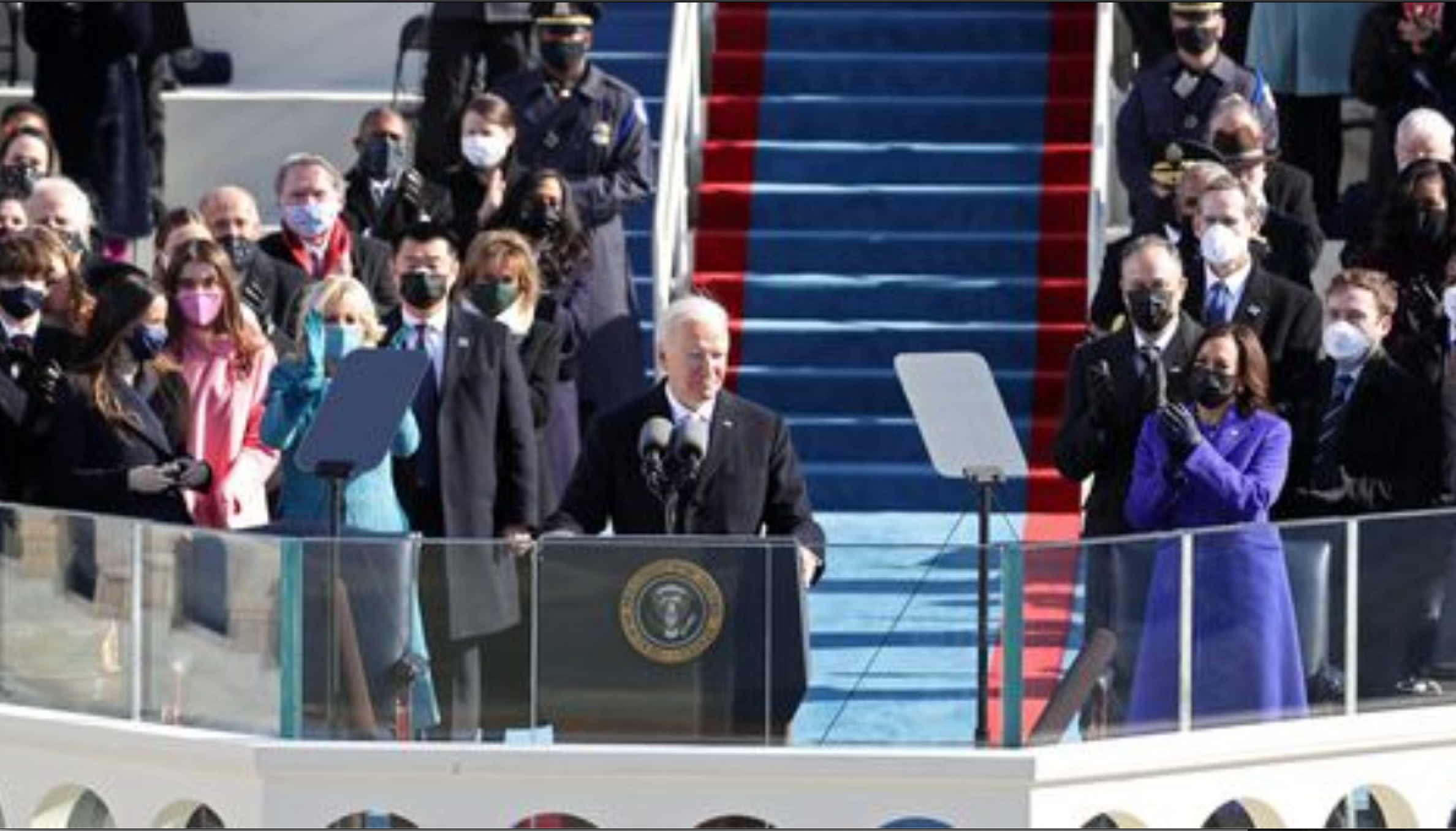

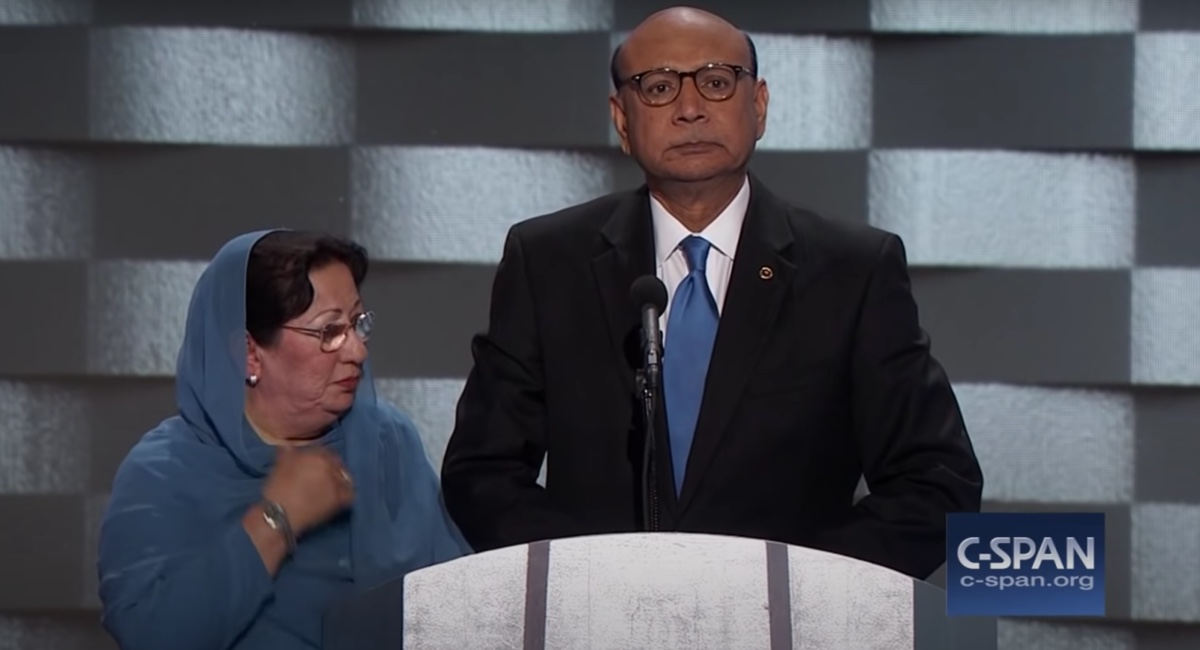
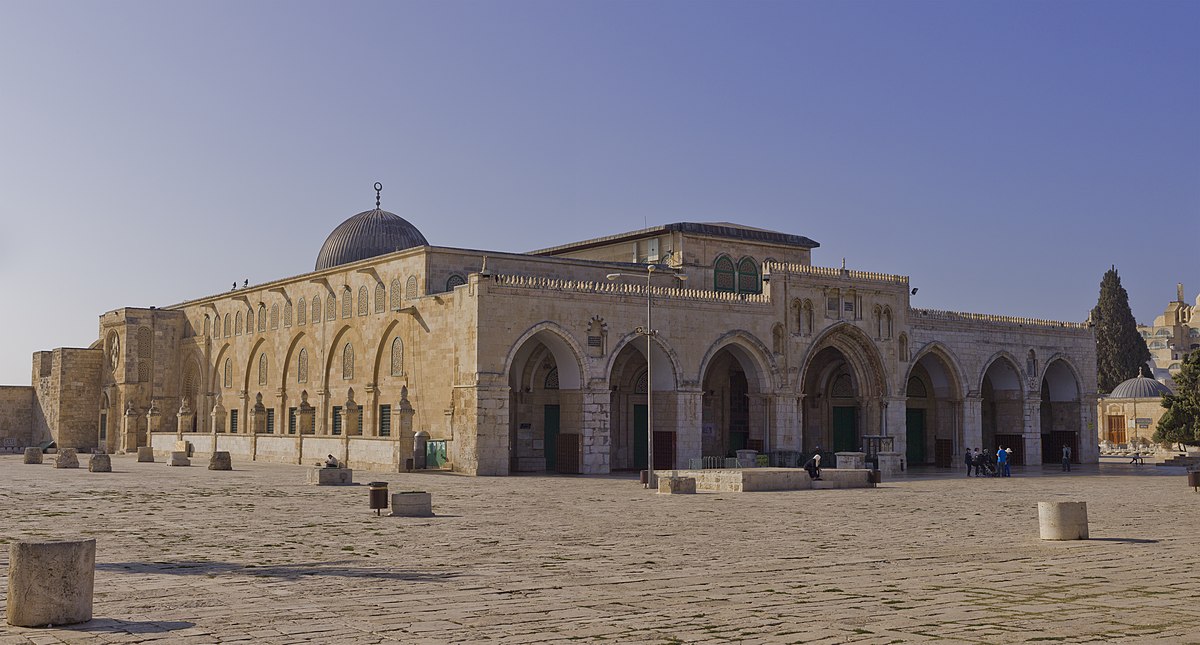
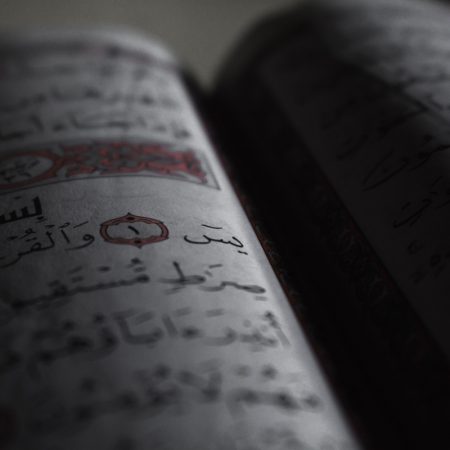






2021
2,873 views
views
0
comments